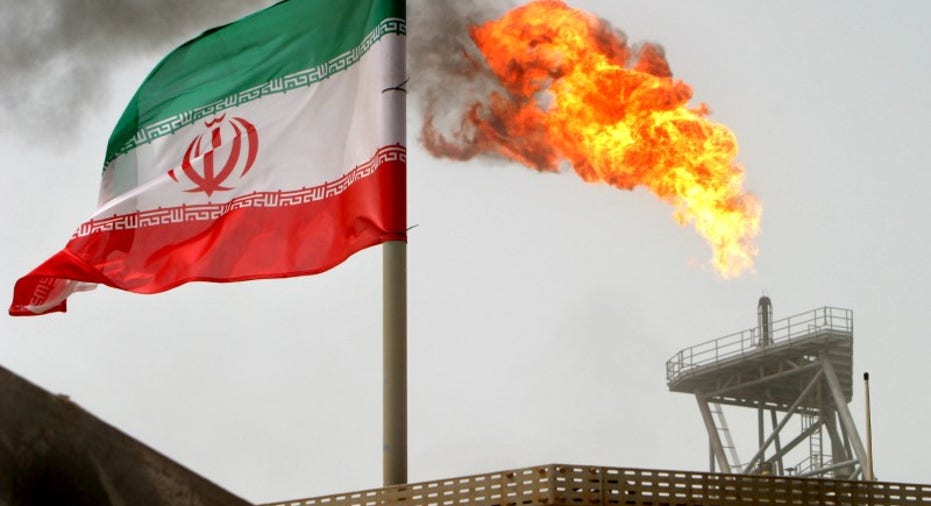Iran Won't Cut Oil Production, Tells Saudis To Cut Instead

Less than 24 hours to go until the decisive Wednesday OPEC meeting, not only is Iran refusing to cut its own oil production, but it is also defiantly and boldly ‘offering’ to Saudi Arabia to cut its crude output to 9.5 million bpd.
Iran is not ready to cut supply, its oil minister Bijan Namdar Zanganeh said in Vienna on Tuesday, Bloomberg reports.
While this comment from Tehran is not entirely unexpected (especially in view of the latest conflicting and contrasting OPEC-related rhetoric), according to an OPEC source who has talked to Reuters, Iran has written to OPEC suggesting that Saudi Arabia needed to cut its oil production to 9.5 million bpd.
These reports of Iran’s latest position on OPEC actions sent oil prices plummeting down nearly 4% with Brent hovering at the $46 per barrel level and WTI at $45.
Saudi Arabia - Iran’s regional rival and champion of pushing for a ‘collective OPEC action’ this time in which every producer should contribute to cuts (except for Libya and Nigeria) - has previously indicated that it would be ready to cut by no more than 500,000 bpd from its current output of 10.532 million bpd, according to OPEC secondary sources figures.
Now Iran, in an apparent defiance to the Saudis, is proposing that Saudi Arabia do almost all the cutting needed to curb OPEC’s production within 32.5 million bpd-33 million bpd.
Related: Is The Permian 20 Billion Barrel Oil Discovery Real?
In addition, Iran’s oil ministry’s news service Shana posted an article on Tuesday in which it discusses Saudi Arabia’s positions and invokes the impact U.S. President-elect Donald Trump would have on oil markets.
“However, due to political competition of the country with Iran and the tough conditions that election of US President Donald Trump has posed to Saudi Arabia, the country might seek an excuse to harm Algeria agreement and accuse Iran and perhaps Iraq and Russia of defeating OPEC conference in cutting the production ceiling and restoration of stability in the oil market around the acceptable prices,” Shana said in the ‘Irregularities of Regular OPEC Meeting’ article.
As it has become ‘business as usual’ for OPEC, Iran and the Saudis are again at loggerheads and the market is again left guessing what will happen tomorrow.
This was article was provided courtesy of Oilprice.com.



















